When the COVID-19 pandemic began, I was living in London because my employer at the time kept demanding that I come into the office. Months after settling in, however, the world came to a close as lockdowns began, my pay was sliced, and I was forced to isolate myself in an apartment, living with people I hardly knew.
It was a struggle, and like millions of others, I was cut off from my loved ones and the outside world with only myself and a handful of video game consoles as company. Luckily for me, I’d plenty to keep myself busy. I remember the review code for Animal Crossing: New Horizons landing in my inbox at the perfect time, just as we were preparing to work from home and be ready for the worst. In a world filled with spreading disease and social distancing, suddenly I had a game where my only objective was to lose myself in a virtual paradise.
The Pandemic Wouldn’t Have Been The Same Without Animal Crossing
Since it was released five years ago, it has become somewhat of a cliché to connect Animal Crossing: New Horizons to the pandemic. ‘It was what we needed at the exact right time’ is a phrase I’ve heard again and again and again, alongside descriptions of how its whimsical escapism provided everyone with something to care about and nurture when reality was falling apart around us. It’s a tired sentiment, but that doesn’t mean it isn’t true.
New Horizons wasn’t the only game to inadvertently benefit from all of us being stuck inside. Fall Guys launched shortly after lockdowns began and became a global smash hit.
Even without a pandemic helping to bolster its sales, there’s no doubt that Animal Crossing: New Horizons would have still taken over the world. Anticipation after New Leaf on the Nintendo 3DS was through the roof, with a mainstream audience awaiting a new entry that would evolve the formula as it sought to create a bigger, more ambitious experience that still felt cosy at every turn. Long before lockdown, I knew this game was going to take over my life, but now it felt like I had no other choice than to spend every waking moment on my island.
But when I first played, it was pre-launch – there was no togetherness, no friends to meet and trade turnips or clothing designs with. Quite the opposite, actually. It was an isolating journey with an embargo preventing me from sharing it with people I cared about. But it was still a magical escape, despite only serving to allow me to sink further into my own loneliness rather than cast it aside by spending time with others.
Even If My Experience Wasn’t The Same As Everybody Else
By the time it was available to the public, it felt like I had already seen so much that it had to offer, and I wouldn’t be able to discover its magic alongside friends or family thanks to the nature of my job. This was a privileged position to be in, obviously, but when the world was still so closed off with little sign of opening up again, it felt like this flimsy pillar of support was being taken away.
Yet this also provided me with a new perspective, one that allowed me to watch the culture around Animal Crossing: New Horizons develop in real-time while still playing the game on my own terms. I learned how to visit other islands and watched as digital economies started and ended to accommodate turnip sales and swapping villagers with strangers online. Parts of this still exist today, albeit in smaller and more dedicated forms.
In a pandemic where society had largely come to an end, nobody had anything better to do other than play Animal Crossing.
Celebrities were hosting talk shows inside the game, while other celebrities like Maisie Williams were helping launch entire fashion initiatives. You couldn’t go about your daily life for several months without stumbling across someone playing or talking up the game, and I don’t think we’ve had an experience like that before or since. I have little doubt it would have sold millions of copies even if it didn’t launch in a global pandemic, but it changed what it meant to play Animal Crossing: New Horizons, and years later I don’t think anyone has been able to detach it from those circumstances.
Whenever I have a conversation with someone about Animal Crossing outside my usual echochamber, it is mentioned in the same breath as the pandemic. How it was a game they played when everything kicked off after picking up a Switch for the first time before falling in love with it like so many others. Whether they realise it or not, people associate their time in New Horizons with the trauma of the pandemic.
The times when they were kept away from loved ones, or even lost them for good, this cute little game was still there to keep them company. It played an integral role in a generational time for millions of people, which helps to put its role as an influential classic into perfect context.
You cannot deny the impact it had on the cosy genre and the still-flourishing landscape of life sims, but it’s everything else about Animal Crossing: New Horizons that makes it so special. And why, five years later, it’s still talked about so much.
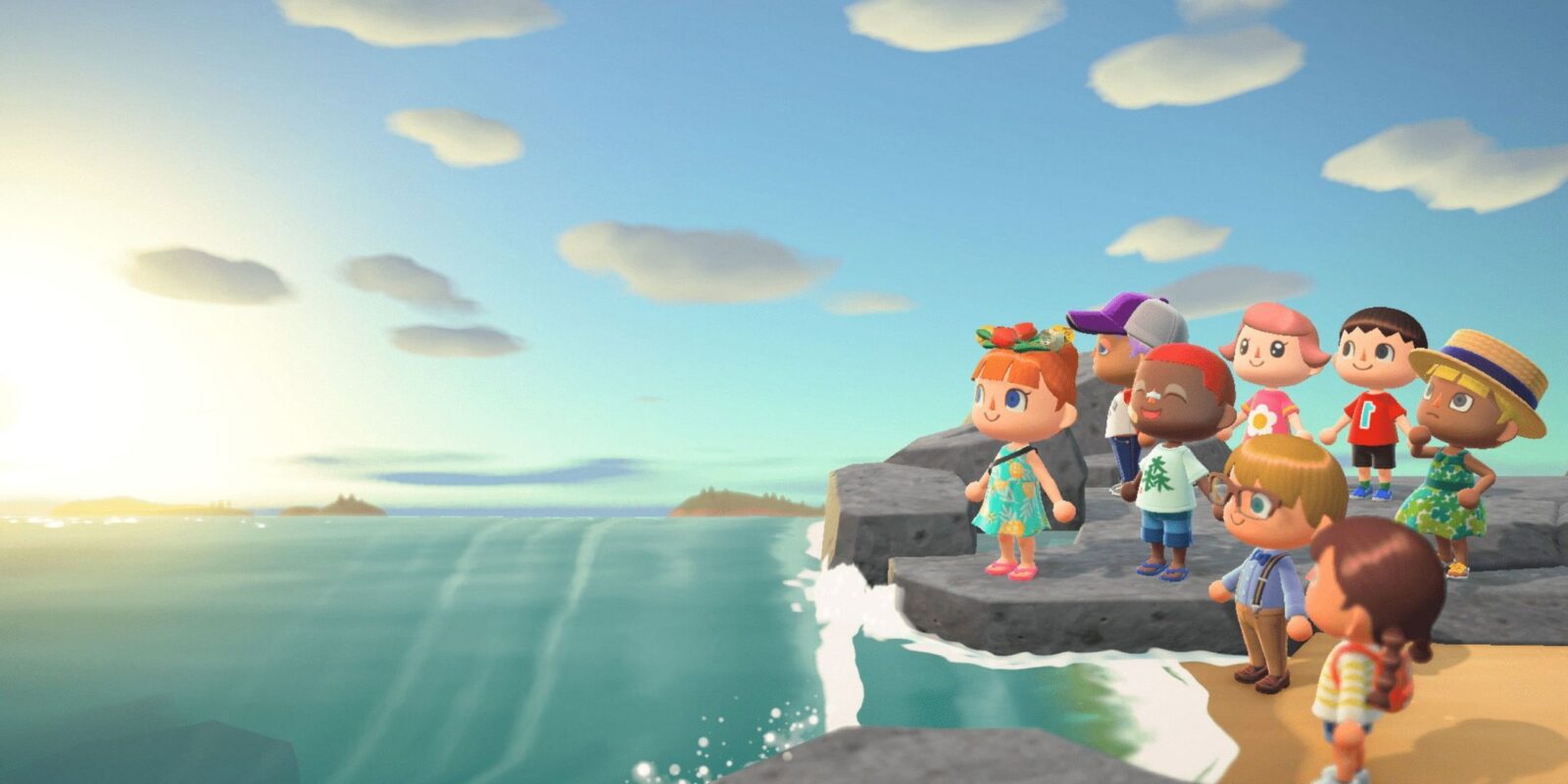




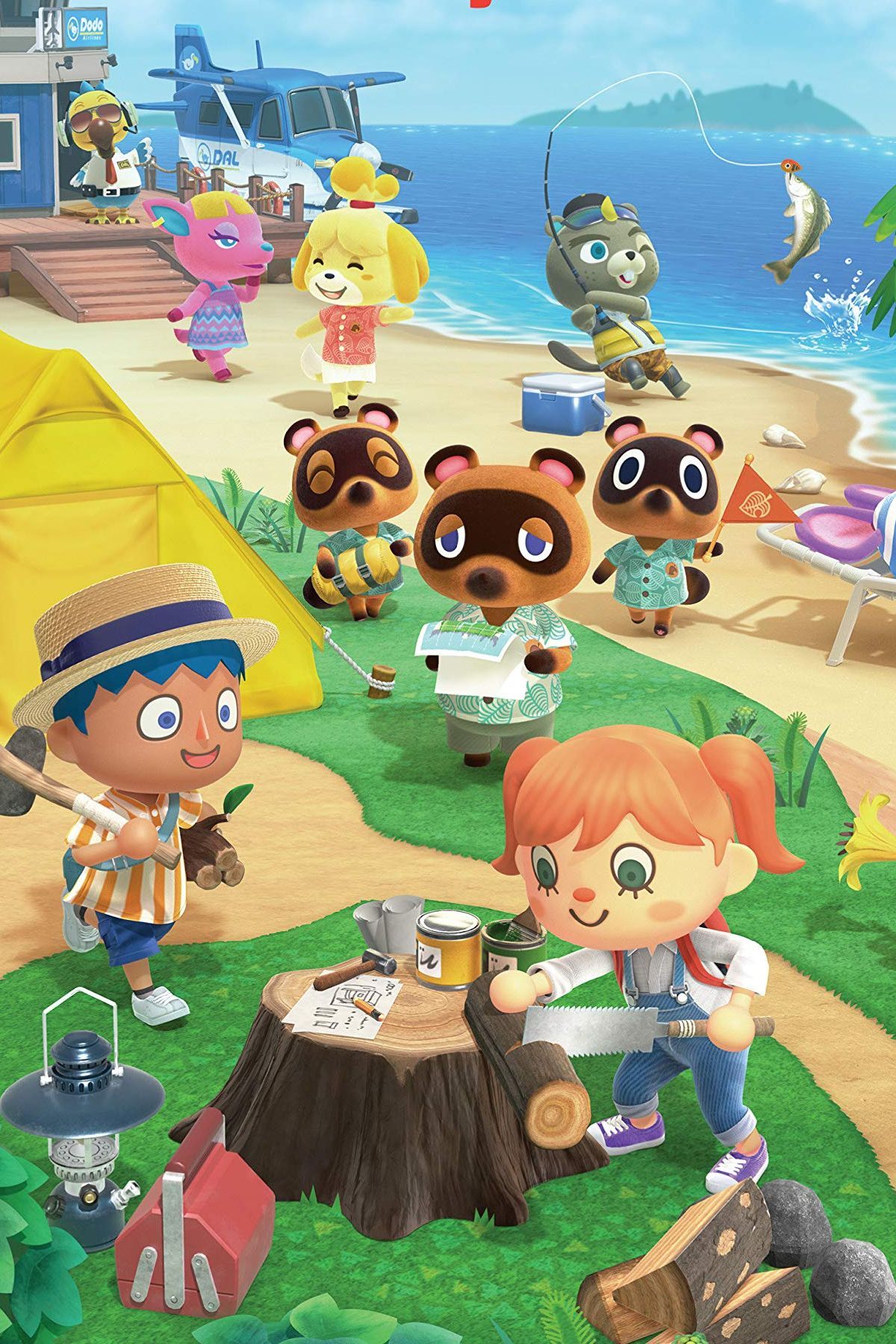
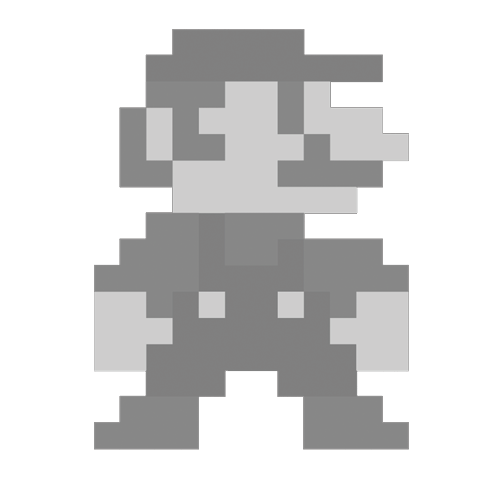


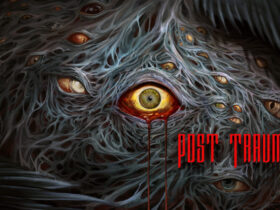
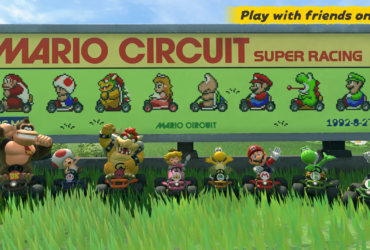
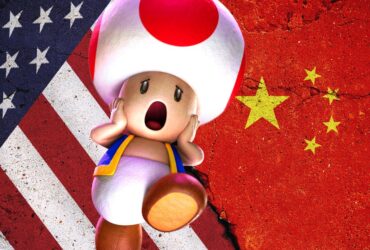

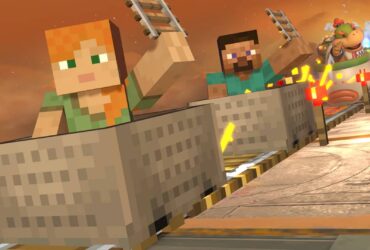
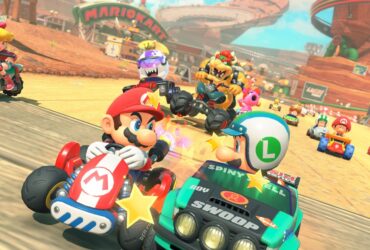
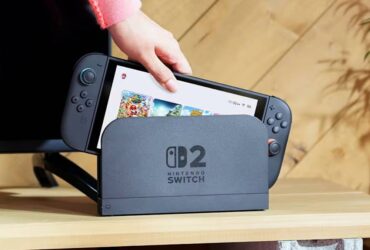
Leave a Reply